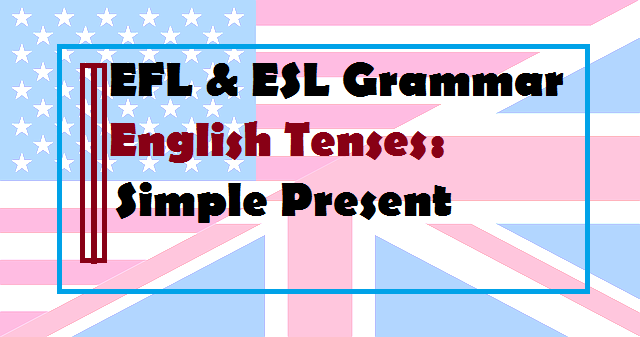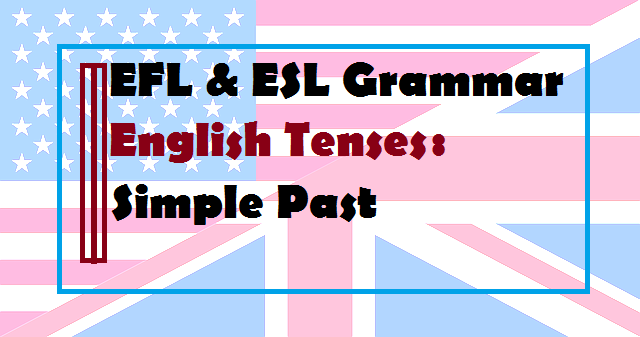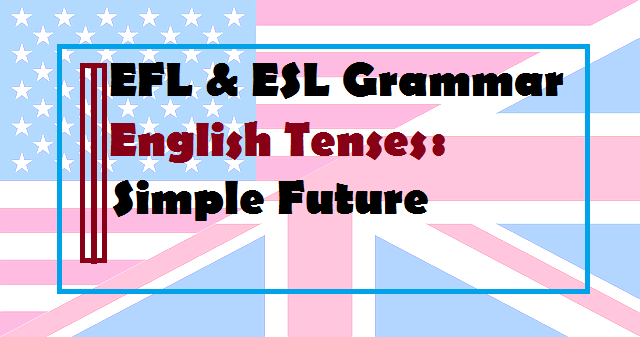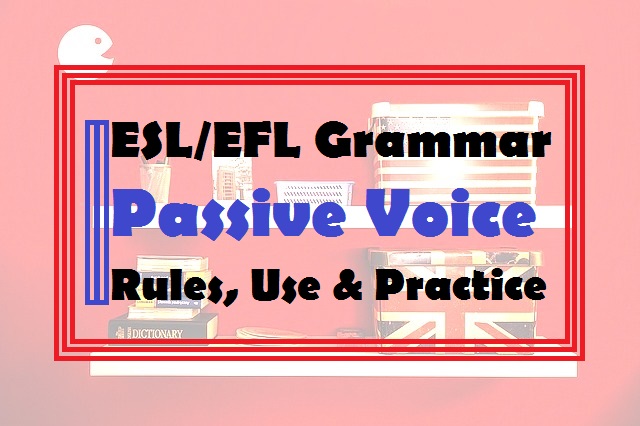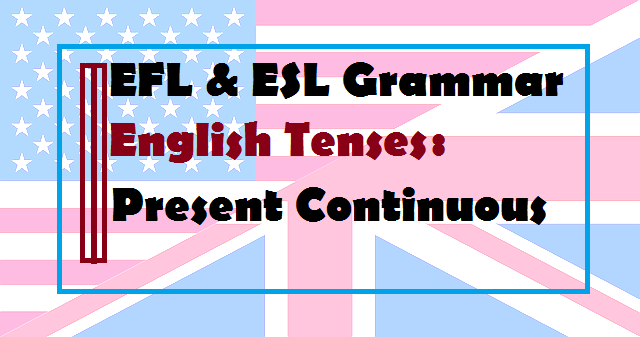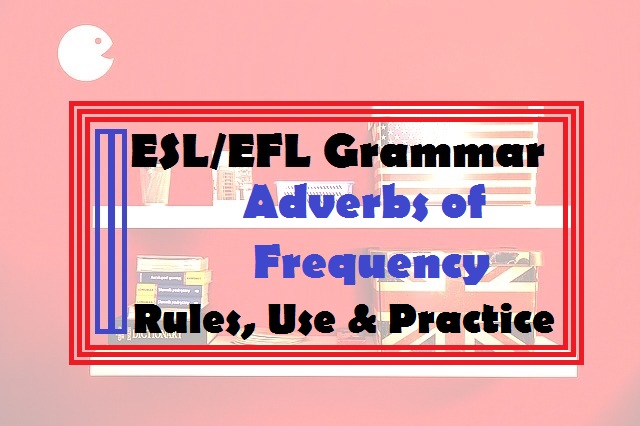EFL/ESL Grammar: Rules, use, and practice
The use of quantifiers in English
What are quantifiers?
Quantifiers are determiners that show an imprecise quantity. They modify nouns and pronouns. They are different from numbers which indicate precise quantity. In English, the most common quantifiers are: some/any/much/many/a lot/ a few/and several.
Quantifiers of large quantities:
Much, many, plenty of, lots of, numerous…etc.
Much and many
We use much with uncountable nouns (always in the singular) while we use many with countable nouns (nouns in the plural).
Examples :
- She has many candies
- I have read so many articles about homelessness.
- They have drunk so much
- They have so much
Much and many in affirmative sentences
In modern English, much and to a certain extent, many are not used as quantifiers in affirmative sentences except when they introduce an intensifier such as: so, very, too…etc.
Examples:
- She has many friends in her hometown.
This sentence is to a certain formal. Most speakers would naturally say: I have a lot of/plenty of friends in my hometown.
- Much milk is of great quality.
This sentence is also formal, speakers of English would say: plenty of/a lot of milk is of great quality.
Remember :
We don’t use much or many in affirmative sentences. Their use is possible because it sounds very formal and old-fashioned.
Much and many in negative sentences and questions.
We use much and many in interrogative and negative sentences and almost every time in examples like: how many…/how much…
Examples :
- I don’t have much time to discuss this with you.
- There are not many people who speak this language.
- How many sisters do you have?
- How much money do have?
Much, many, much of many of
When they quantify a noun, many and much are followed by of. Yet, they are followed by of if they come before an article, a possessive or demonstrative pronoun.
Examples:
- I can’t meet many of my friends.
- Many of the cars were sold here.
- They didn’t drink much of that milk, I guess.
Quantifiers of small quantity.
Few, a few, a little, not many, not much, a small number of …etc.
Not much and not many are quantifiers that we use in affirmative sentences.
Little, a little, not much are used with uncountable nouns (always in the singular)
Few, a few, not many are used with countable nouns in the plural.
Few and little are used with a smaller quantity. A few and a little are used a small quantity, but possibly more than expected.
Examples:
- Few students got 20/20.
- There is little milk in the fridge.
- Look!! There is not much tea in the kitchen.
- There are not many people in the room.
- A few friends came to visit me in the hospital.
- There is a little.
Quantifiers



